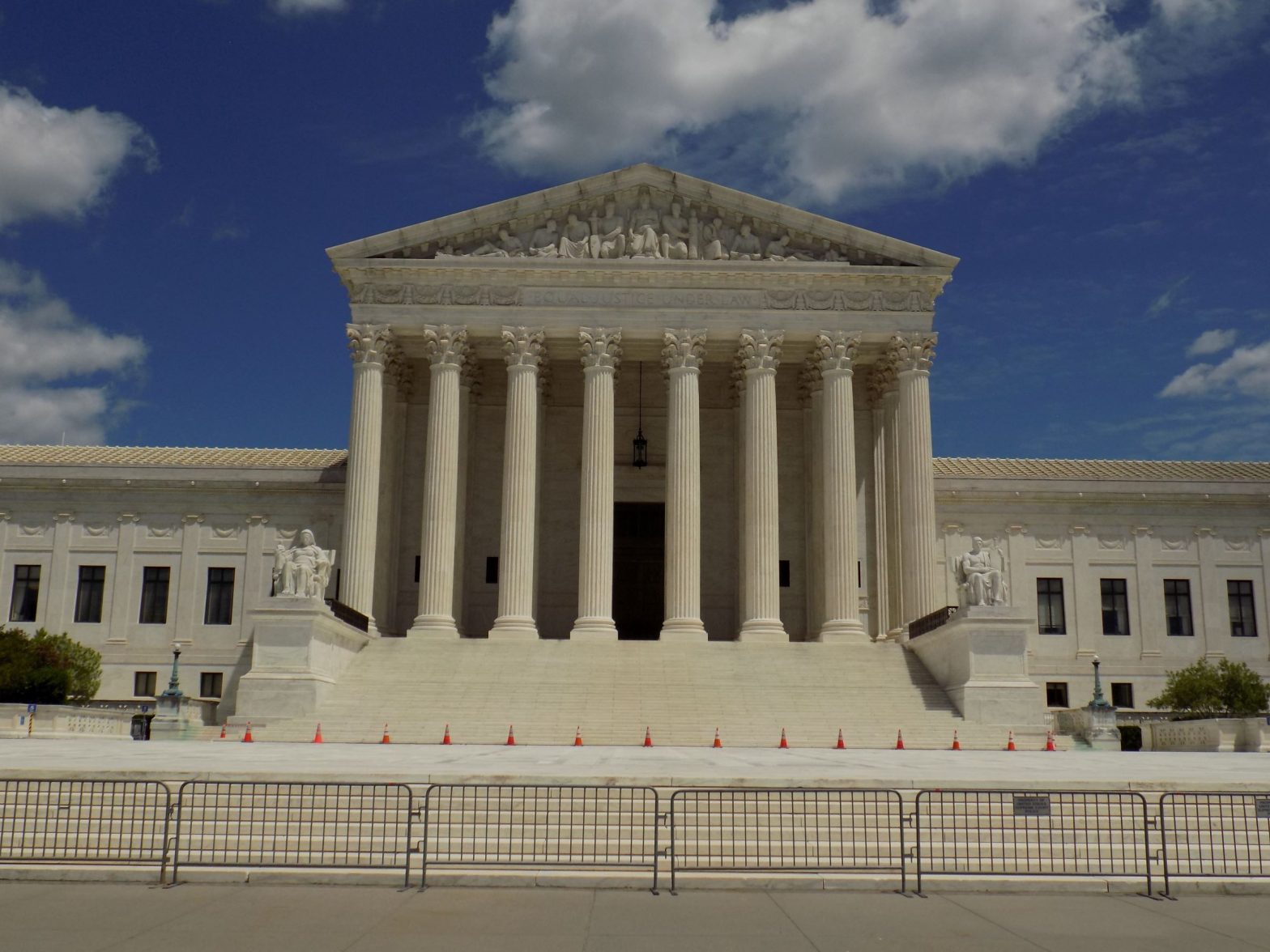Supreme Court Decision Could Carry Significant Ramifications for US Kidney Patients
COMMENTARY

The Supreme Court is coming off a big summer, with high-profile decisions and a new justice joining the court’s ranks. For all of the headlines its actions have generated, however, surprisingly little attention has been directed toward a critical decision that could change the way America’s nearly 800,000 end-stage renal disease patients receive coverage for their life-saving dialysis treatments.
The case was Marietta Memorial Hospital v. DaVita, in which a private, employer-sponsored insurance plan offered lower reimbursement rates for dialysis than usual. Current statute, however, requires employer-sponsored plans to continue covering the costs of dialysis for the first 30 months after someone is diagnosed with ESRD (referred to as the Medicare Secondary Payer period), after which Medicare becomes their primary plan. Congress has also passed legislation to prevent insurance providers from discriminating against ESRD patients, but the provider in this case argued it wasn’t discriminating given that the lower reimbursement rates applied to everyone.
As Justice Elena Kagan pointed out in her dissent, however, the correlation between those who need dialysis and those with ESRD is almost one to one, meaning the lower reimbursement rates effectively discriminate against ESRD patients — a group that’s already been disproportionately hurt by the COVID-19 pandemic and has traditionally faced significant disparities in health care. And if employer-sponsored plans are offering low reimbursement rates for dialysis, that means patients would potentially have to go on Medicare sooner than they otherwise would, which could have major ramifications for patients and their families.
One of the biggest losses for patients who have to switch to Medicare before the end of the 30-month MSP period is that employer plans generally offer coverage for critical services that Medicare does not, including transportation to dialysis clinics and dental care. Dental care is especially important for patients hoping to receive a kidney transplant, and losing that coverage could end up costing them their eligibility.
The other major hit for patients would be cost. Medicare will only cover up to 80% of the cost of dialysis if an ESRD patient is under 65, and depending on where they live they may not be able to get a supplemental plan (and in cases where they can get one, they are still unaffordable in many states). Without supplemental coverage, that is tens of thousands of dollars coming out of patients’ pockets, which can be devastating for patients and families. Then, of course, there’s the broader public cost that could be associated with private plans suddenly forcing thousands of more patients to Medicare than they should be able to.
Congress needs to step in and preempt the potential fallout from this decision. Otherwise, patients’ lives could very quickly change for the worse. Thankfully, work is already underway in both chambers of Congress to address this before it becomes a larger problem.
In the House, my home-state Rep. Jodey Arrington, R-Texas, joined Reps. Yvette Clarke, D-N.Y., Buddy Carter, R-Ga., and Danny Davis, D-Ill., to introduce a bill that would guarantee insurance providers can’t use lower reimbursement rates for dialysis treatment to effectively discriminate against patients with ESRD. On the other side of Capitol Hill, Sens. Bill Cassidy, R-La., and Bob Menendez, D-N.J., are working on a similar bill.
The Supreme Court decision earlier this summer turned conventional understanding of the MSP period for ESRD patients on its head, and it’s something that needs to be fixed immediately. Congress has an opportunity for a major bipartisan win to protect kidney patients, and I hope that more lawmakers join this effort to protect an already vulnerable group of patients.
Matt Mackowiak is the president of Potomac Strategy Group and a veteran of both the Bush administration and the Bush-Cheney reelection campaign. You can find him on Twitter @MattMackowiak.






















